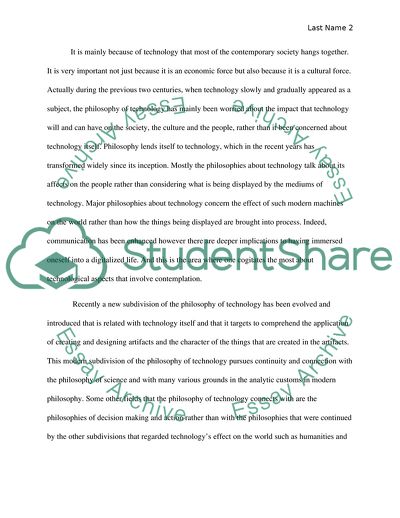Cite this document
(Technology and Its Philosophy Essay Example | Topics and Well Written Essays - 1250 words - 3, n.d.)
Technology and Its Philosophy Essay Example | Topics and Well Written Essays - 1250 words - 3. https://studentshare.org/philosophy/1838285-technology
Technology and Its Philosophy Essay Example | Topics and Well Written Essays - 1250 words - 3. https://studentshare.org/philosophy/1838285-technology
(Technology and Its Philosophy Essay Example | Topics and Well Written Essays - 1250 Words - 3)
Technology and Its Philosophy Essay Example | Topics and Well Written Essays - 1250 Words - 3. https://studentshare.org/philosophy/1838285-technology.
Technology and Its Philosophy Essay Example | Topics and Well Written Essays - 1250 Words - 3. https://studentshare.org/philosophy/1838285-technology.
“Technology and Its Philosophy Essay Example | Topics and Well Written Essays - 1250 Words - 3”. https://studentshare.org/philosophy/1838285-technology.


